There’s something satisfying about learning a fun fact that sticks with you. It could be a surprising historical detail, a mind-blowing science fact, or a quirky piece of pop culture knowledge; random trivia has a way of making conversations more interesting. You never know when one of these bits of information might come in handy, whether it’s for trivia night, impressing friends, or just satisfying your own curiosity.
Here are 17 random bits of trivia you’ll be glad to remember later.
Bananas Are Berries, but Strawberries Aren’t
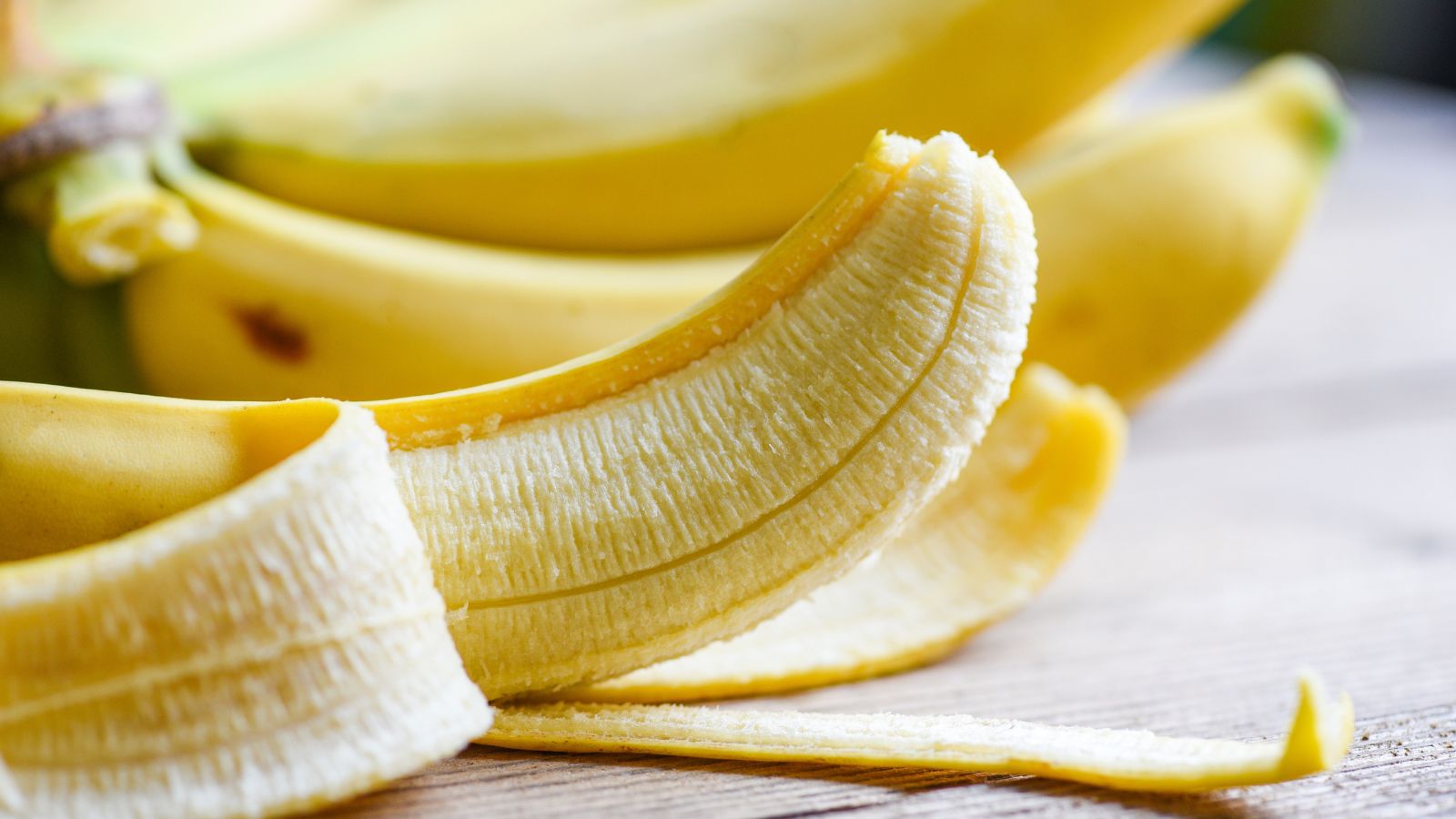
Botanically speaking, a berry is a fruit that develops from a single flower with one ovary and contains seeds inside the flesh. By this definition, bananas, eggplants, and even kiwis qualify as berries.
Strawberries, raspberries, and blackberries, on the other hand, don’t meet the criteria because their seeds are on the outside.
Octopuses Have Three Hearts
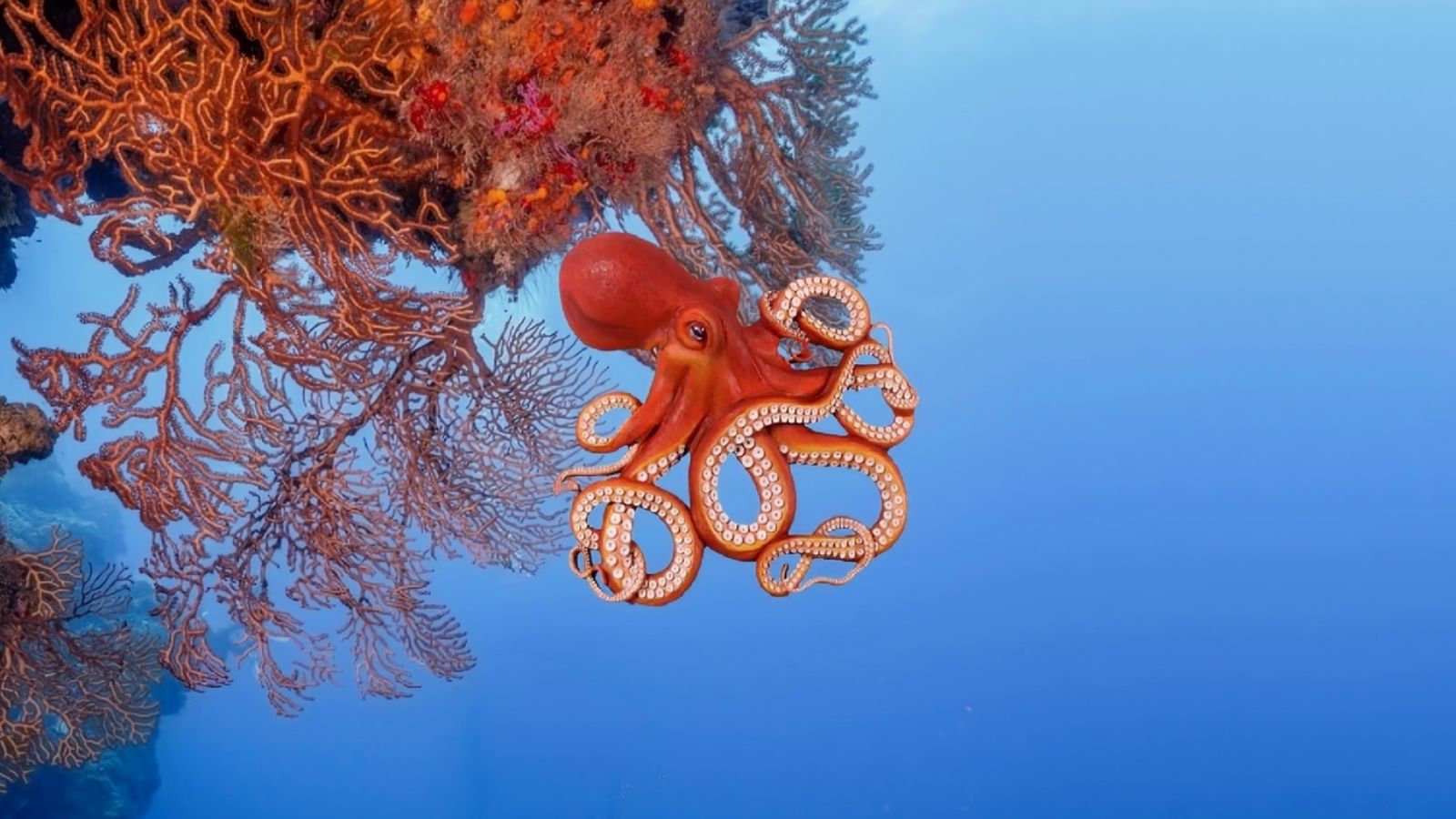
These fascinating sea creatures have more than just eight arms, they also have three hearts. Two pump blood to the gills, while the third sends oxygenated blood to the rest of the body. When an octopus swims, the heart that supplies the body stops beating, which is why they prefer crawling along the ocean floor.
If that wasn’t strange enough, their blood is blue because it contains copper instead of iron, which helps them survive in cold, deep-sea environments.
A Day on Venus Is Longer Than a Year
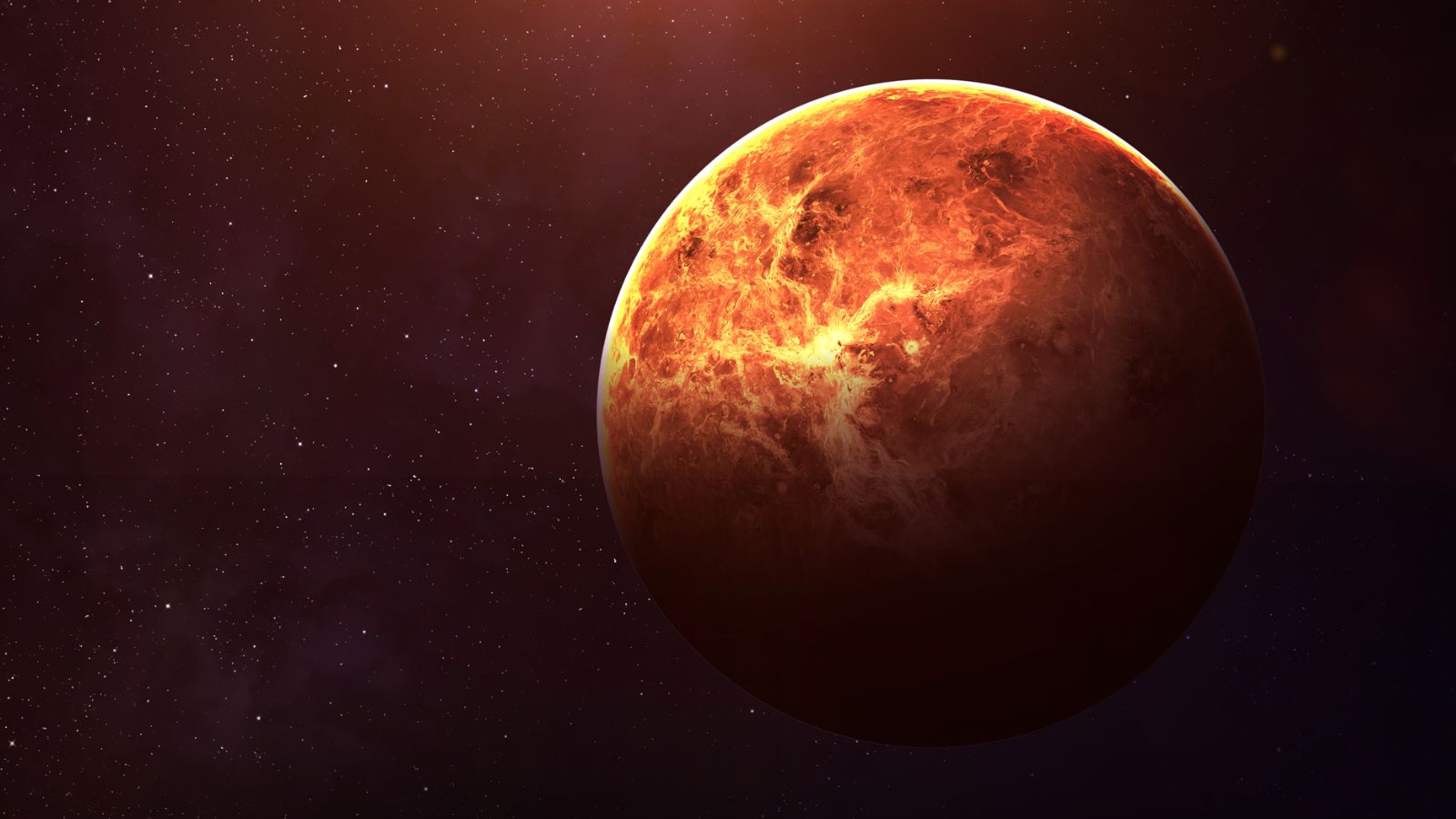
Venus has an incredibly slow rotation, taking about 243 Earth days to complete one full spin on its axis. However, because it orbits the sun faster than Earth, it only takes 225 Earth days to complete a full orbit. This means that a year on Venus is shorter than a single day on the planet. Venus rotates in the opposite direction of most planets, meaning if you stood on the surface, you would see the sunrise in the west and set in the east.
The Eiffel Tower Can Grow and Shrink

This famous landmark isn’t as rigid as it looks. Because the iron structure expands when exposed to heat, the Eiffel Tower can grow by up to six inches in the summer. When temperatures drop, it shrinks back down again.
This is due to thermal expansion, which affects many large metal structures, including bridges and railroad tracks.
Wombat Poop Is Cube-Shaped

Of all the strange things in the animal kingdom, wombat poop might be one of the weirdest. These small marsupials from Australia produce cube-shaped feces, which prevents the droppings from rolling away. Since wombats use their poop to mark their territory, having cube-shaped droppings helps them stay in place on uneven terrain.
There’s Enough Gold in the Earth’s Core to Cover the Planet
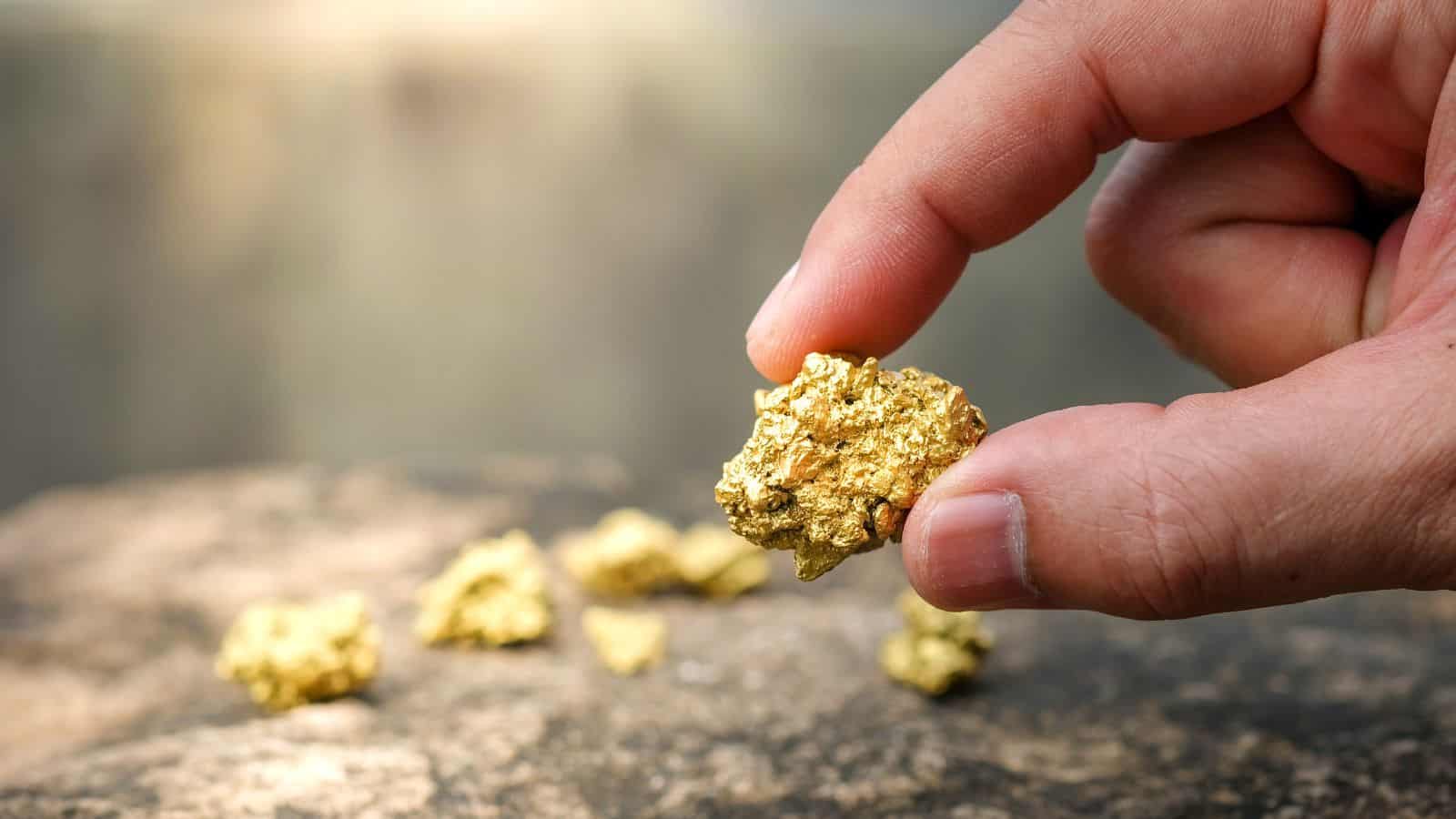
If all the gold hidden inside the Earth’s core was extracted and spread evenly across the surface, it would coat the planet in a layer about 1.5 feet thick. Most of this gold sank to the core during Earth’s formation, which is why large gold deposits are relatively rare near the surface.
Sadly, mining these mega-deep deposits would be impossible with today’s technology.
Honey Never Spoils

Archaeologists have discovered pots of honey in ancient Egyptian tombs that are over 3,000 years old, yet still perfectly safe to eat. Honey’s long shelf life is due to its low moisture content and high acidity, which make it nearly impossible for bacteria and mold to grow. As long as it’s stored in a sealed container, honey can last indefinitely.
The next time someone finds a forgotten jar of honey in their pantry, they can rest assured that it’s still good to use.
A Cloud Can Weigh Over a Million Pounds

Clouds may look light and fluffy, but they actually contain massive amounts of water vapor. A typical cumulus cloud can weigh over a million pounds, equivalent to about 100 elephants. The reason they float is that the air beneath them is even heavier, allowing the clouds to stay suspended in the sky. Despite their weight, they remain light enough to be carried by wind currents, creating the ever-changing shapes we see above us.
The Shortest War in History Lasted 38 to 45 Minutes

The Anglo-Zanzibar War of 1896 holds the record for the shortest war in history. It was fought between the British Empire and the Sultanate of Zanzibar after the sultan refused to step down. British forces bombarded the sultan’s palace, and within 45 minutes, his forces surrendered. It remains one of the most lopsided conflicts in recorded history.
Butterflies Can Taste with Their Feet
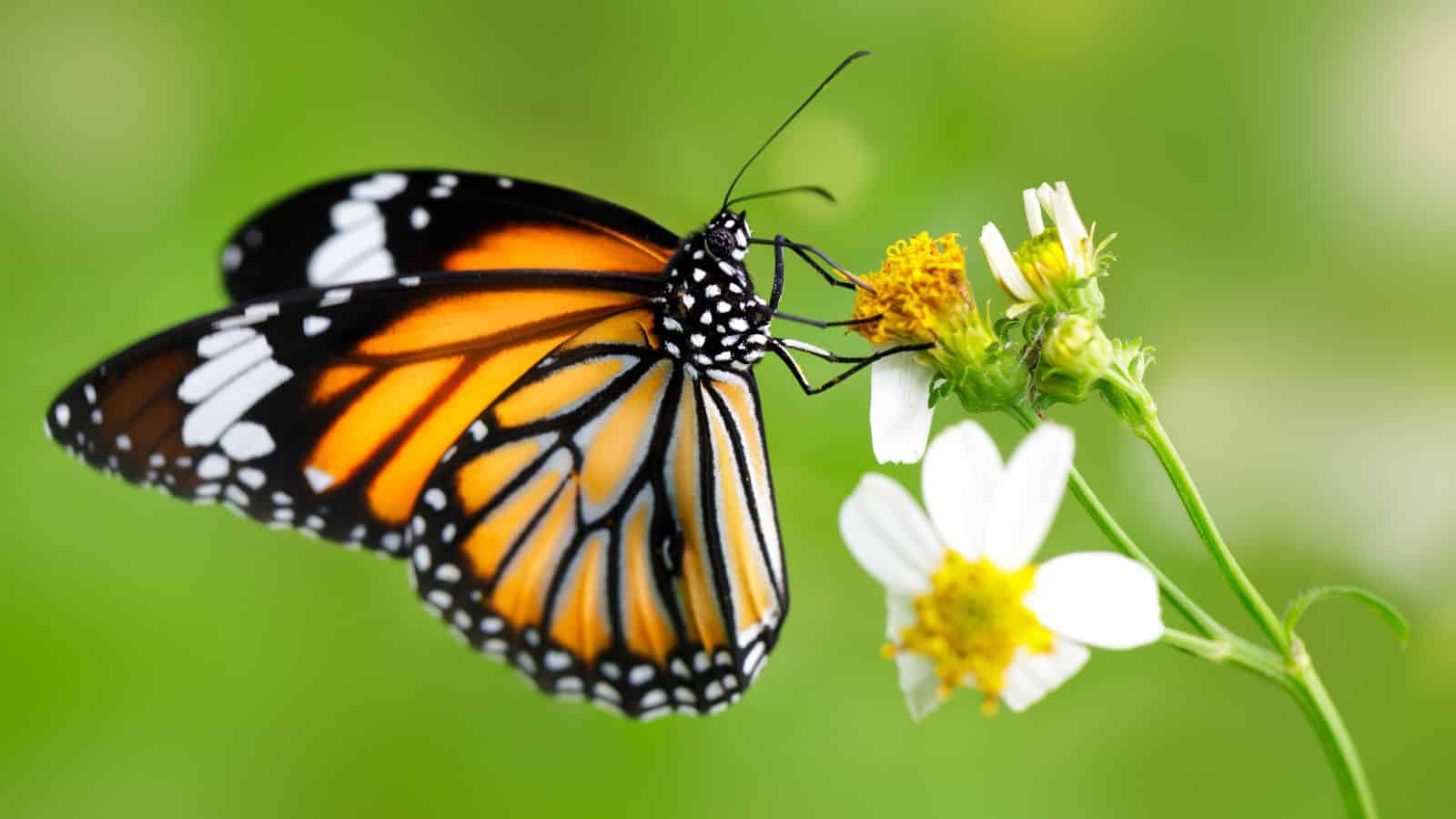
Unlike humans, butterflies don’t have taste buds in their mouths. Instead, they use sensors on their feet to detect the chemical composition of plants. When a butterfly lands on a leaf, it can immediately tell whether it’s a good place to lay eggs. This ability helps ensure that caterpillars hatch in an environment with plenty of food.
The First Alarm Clocks Could Only Ring at One Time

Before alarm clocks had adjustable settings, the earliest versions were designed to ring at a fixed time. In ancient Greece, water clocks used dripping water to sound an alarm at a predetermined hour.
Later, mechanical alarm clocks in the 18th century could only be set to ring at one specific time, often chosen by the manufacturer. It wasn’t until the 20th century that people could freely adjust their wake-up calls.
A Group of Flamingos Is Called a “Flamboyance”
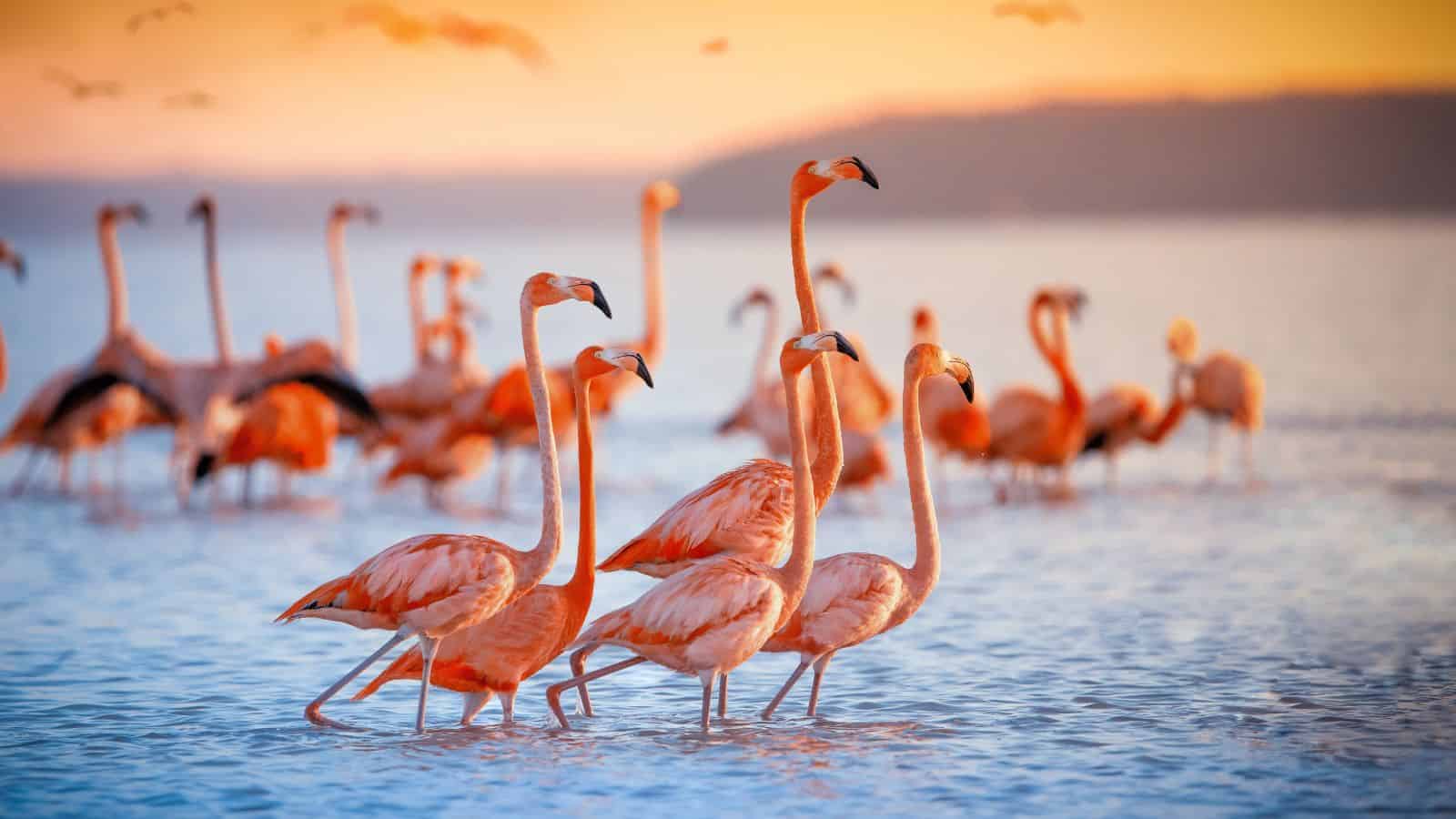
Collective nouns can be strange, but few are as fitting as the term for a group of flamingos. Because of their bright pink feathers and elegant stance, a gathering of flamingos is known as a flamboyance. Other interesting collective nouns include a murder of crows, a parliament of owls, and a crash of rhinos.
The Letter “Q” Is the Only Letter Not in Any U.S. State Name

Out of all 50 states, every letter of the alphabet appears at least once except for the letter Q. While some letters are less common, such as Z and X, they still show up in names like Arizona, Texas, and New Mexico. Despite countless towns and landmarks starting with Q, no state has ever incorporated it into its official name.
The Moon Smells Like Gunpowder
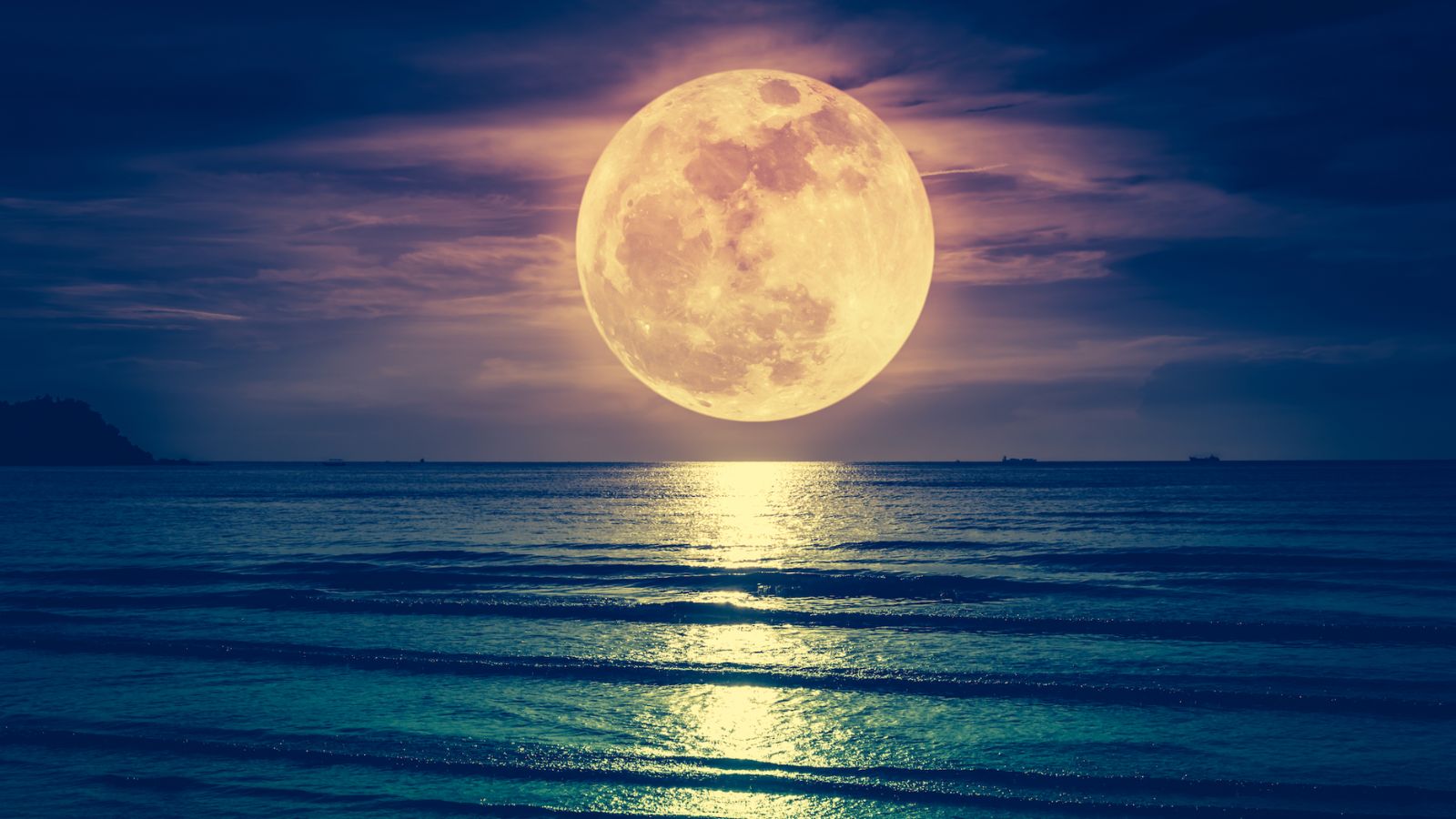
Astronauts who walked on the moon reported that lunar dust had a strong smell, similar to burned gunpowder. Because there’s no atmosphere on the moon, the dust doesn’t carry odors the way it would on Earth.
However, when astronauts brought moon dust into their spacecraft, it reacted with oxygen and released a distinct smell. Scientists still don’t know why.
Cows Have Best Friends

Studies have shown that cows form strong social bonds and even have best friends within their herds. When separated from their closest companion, cows experience stress and anxiety, displaying signs of discomfort. Farmers who raise cattle in environments that allow social interaction often see happier, healthier animals. This little-known fact highlights how complex and emotional animals can be.
Pineapples Take Up to Three Years to Grow
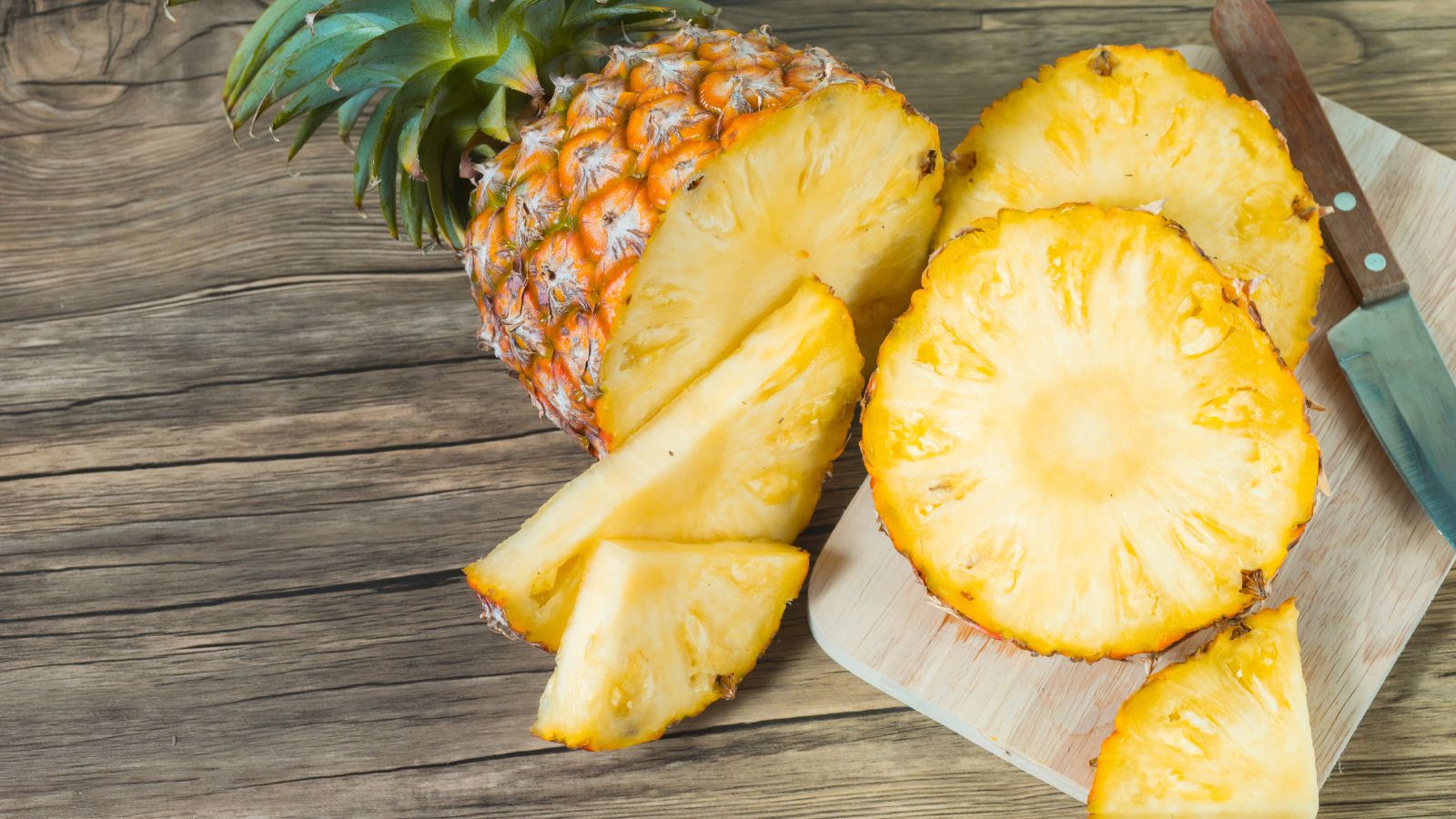
Did you know that pineapples are surprisingly slow to develop? From the moment a pineapple plant is first planted, it can take up to three years before it produces a single fruit. Even after the first harvest, each plant only grows one pineapple at a time, making them one of the slowest-growing commercial fruits. This explains why they can be expensive compared to other produce.
A Jiffy Is a Real Unit of Time
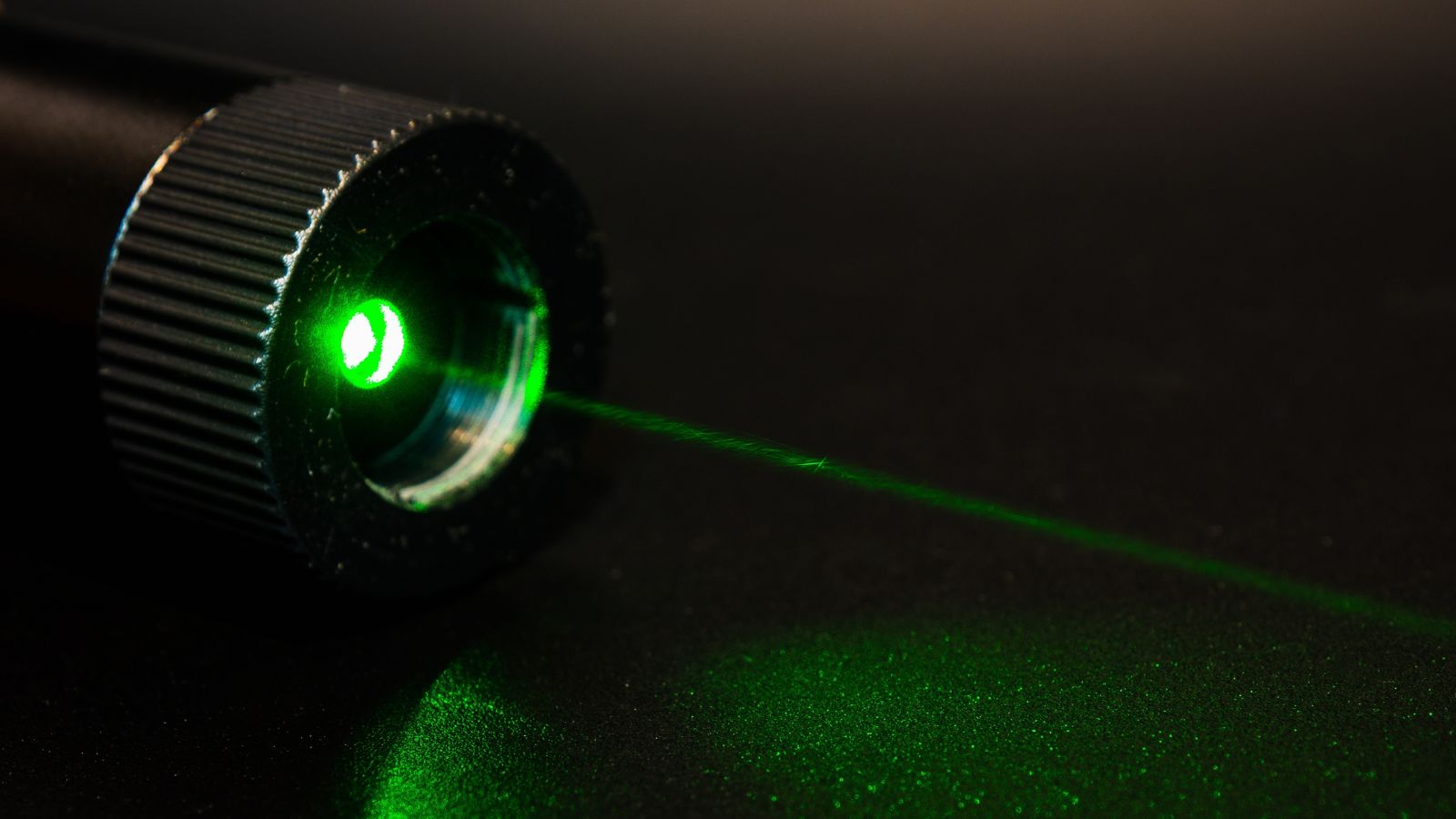
People often say they’ll do something “in a jiffy,” but few realize that “jiffy” is an actual scientific measurement. In physics, a jiffy refers to the time it takes for light to travel one centimeter in a vacuum, which is about 33.3 picoseconds (trillionths of a second).
The term was first coined by chemist Gilbert Newton Lewis in the early 20th century, and while it’s mostly used informally today, it remains a recognized unit in some areas of physics.
